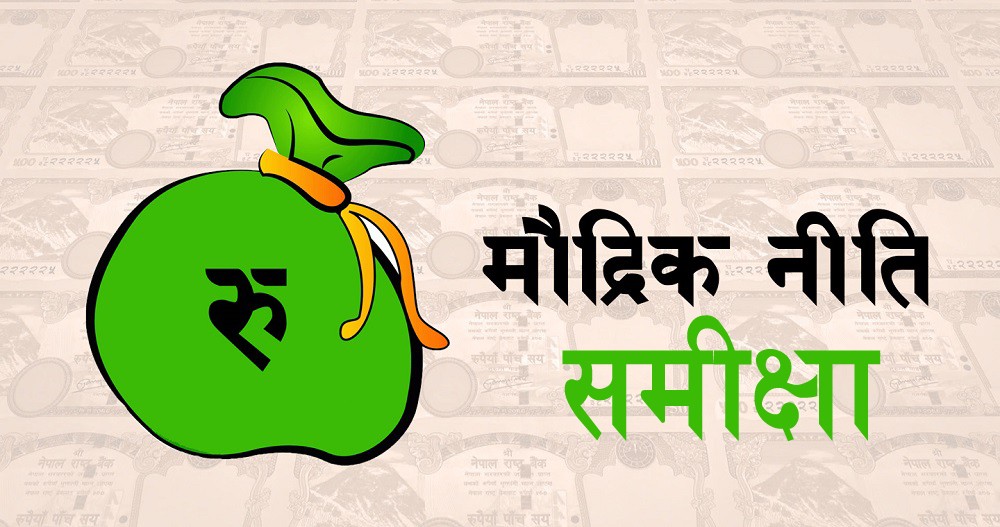
In this article, we are going to write about the Global Money Week, a financial awareness campaign happening every year from 17th March 2025 to 23rd March with a mission to ensure that young people, from an early age, are financially aware, and are gradually acquiring the knowledge, skills, attitudes and behaviours necessary to make sound financial decisions and ultimately achieve financial well-being and financial resilience. The Organisation for Economic Co-operation and Development (OECD) started this campaign back in 2012 with the support of 21 countries making this a world-wide financial festival to celebrate for in the present context.
The ultimate goal of GMW is to ensure that all children and youth have access to high-quality financial education, they learn about money matters and are able to take smart financial decisions that can improve their future financial resilience and financial well-being.
About OECD
The Organisation for Economic Co-operation and Development (OECD) is an international organisation that works to build better policies for better lives. It works closely with policy makers, stakeholders and citizens to establish evidence-based international standards and to find solutions to social, economic and environmental challenges. This is a global forum and data hub for improving economic performance and strengthening policies to fight climate change and bolstering education and fighting international tax evasion.
Global Money Week 2025
The global money week of 2025 is running with the theme of “Think before you follow, wise money tomorrow” and a slogan of Learn, Save, Earn.
The young generations are getting themselves in trouble due to the developments in digital finance and the available financial services in online. The young people are facing difficulty in identifying the reliable information and advice from the “finfluencers” due to the increasing use of Artificial Intelligence. Furthermore, emotions and behavioural biases, such as herd mentality, can lead to poor financial decisions, especially under the pressure of peers or the influence of social media. In this context, it is crucial that young people develop sound money management skills, recognise emotional triggers, and develop a critical eye towards information sources. Strengthening financial literacy can help young people better navigate financial markets, resist temptation, and spot biased advice, ultimately leading to smarter financial decisions.
Key Activities of GMW in Nepal
Global Money Week (GMW) is celebrated in Nepal through various activities aimed at enhancing financial literacy among young people. Here are some key ways it is being observed:
- Financial Literacy Workshops: Schools, colleges, and universities conduct sessions on saving, budgeting, and investment strategies.
- Digital Campaigns: Social media platforms and online portals share financial education materials to reach a broader audience.
- Bank and Community Engagement: Banks and financial institutions organize awareness programs to promote financial inclusion.
- Entrepreneurship Training: Young entrepreneurs receive guidance on financial management and business financing.
- Educational Competitions: Quiz contests, essay writing competitions, and debates encourage students to engage with financial topics.
- Panel Discussions and Webinars: Experts from the financial sector share insights on smart money management.
Global Money Week from the point of view of Nepal
In Nepal, financial literacy remains a key challenge, particularly among youth in rural and underserved communities. According to the Nepal Rastra Bank (NRB), a significant portion of the population lacks access to proper financial education, leading to poor savings habits and vulnerability to financial risks. Recognizing this gap, various government and private organizations are actively promoting financial literacy through different initiatives.
Nepal has been actively participating in GMW through programs led by NRB, banks, financial institutions, and educational institutions. Workshops, school programs, and digital campaigns have been organized to educate young people about saving, budgeting, investing, and responsible borrowing.
In this year, Nepal can focus on the following areas from Global Money Week 2025:
- Integrating digital finance education through the use of mobile banking and fintech solutions.
- Special programs targeted school students, young entrepreneurs, and marginalized communities to equip them with financial knowledge and skills.
From all the above facts, we can conclude this article by taking a note that financial literacy among its youth is vital as Nepal progresses toward economic development. By encouraging informed financial choices, initiatives like Global Money Week can play a transformative role in shaping a financially secure future for Nepal’s young population.Through awareness and education, Nepalese youth can make wise financial decisions, ensuring stability and prosperity for themselves and the nation as a whole.




